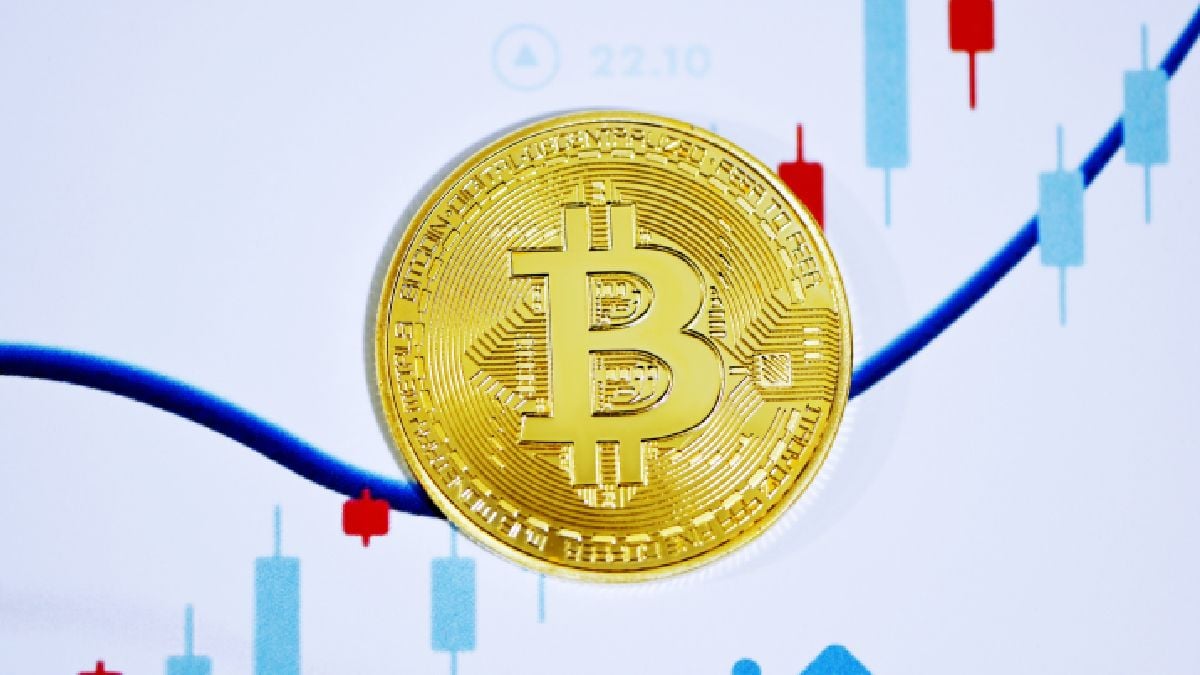Argentine officials are in dialogue with their counterparts in El Salvador to gain a deeper understanding of Bitcoin adoption strategies and experiences. Last week, senior management from Argentina's National Securities Commission (CNV) met with El Salvador's National Digital Assets Commission (CNAD) to assess the impact of Bitcoin adoption on the economy in recent years. El Salvador became the first country in the world to adopt Bitcoin as legal tender alongside the US dollar in September 2021.
Argentina may be planning to capitalize on Bitcoin's rising value
As part of their meeting with Juan Reyes of the CNAD, Argentina's Roberto Silva and Patricia Boedo noted that the crypto ecosystem has experienced a global expansion in recent years. The meeting saw officials from the two nations exchange ideas and concepts on the use of Bitcoin, the world's most widely used cryptocurrency.
“El Salvador has become one of the leading countries in the use of Bitcoin. We want to strengthen ties with the Republic of El Salvador, and therefore we will explore the possibility of signing cooperation agreements with them,” he said Silva, the president of the National Securities Commission of Argentina in a statement.
With a gross domestic product (GDP) of approximately $640 billion, Argentina is one of the largest economies in Latin America, according to the World Bank. However, a recent Reuters report states that in March of this year, Argentina's economy recorded a year-on-year decline of 8.4 percent.
From consumer spending to sales figures, several parameters of Argentina's economy are reported to be straining under market pressure. Additionally, Argentina is also saddled with debt and reportedly owes $45 million (roughly Rs. 370 million) to the International Monetary Fund.
This economic instability, along with the dependence on the US dollar, which has seen ups and downs in recent months due to interest rate hikes, could be some of the reasons why the country is now looking to Bitcoin.
“I think it is essential to continue to strengthen ties with a Republic that is a pioneer in the field and that has great experience in the field,” said Patricia Boedo, vice-president of the Argentine CNV.
Argentina previously signed an agreement with the International Monetary Fund (IMF) agreeing to discourage the use of cryptocurrencies to prevent money laundering and informality. That deal, due in March 2022, was extended to Argentina by the IMF after the indebted nation asked for a restructuring of its debt repayment plan.
El Salvador's experience with Bitcoin
Under President Nayib Bukele, El Salvador claims to have made remarkable strides in the Bitcoin ecosystem. From harnessing renewable energy resources to power Bitcoin mining to passing the Bitcoin Bond Bill, El Salvador has maintained its commitment to using BTC as a financial and payment tool.
As of April 2023, El Salvador had recorded a 17.8 percent drop in BTC-based remittances. As of May 14, the Salvadoran treasury held 5,748 BTC tokens worth more than $393 million (roughly Rs. 3,272 million).
In April this year, the IMF ordered El Salvador to change its policies around Bitcoin to receive the $1.4 billion (roughly Rs. 11.645 billion) worth of aid it needs to accelerate public debt payments and other financial obligations. El Salvador did not address the issue publicly, but continues to show support for the cryptocurrency.




